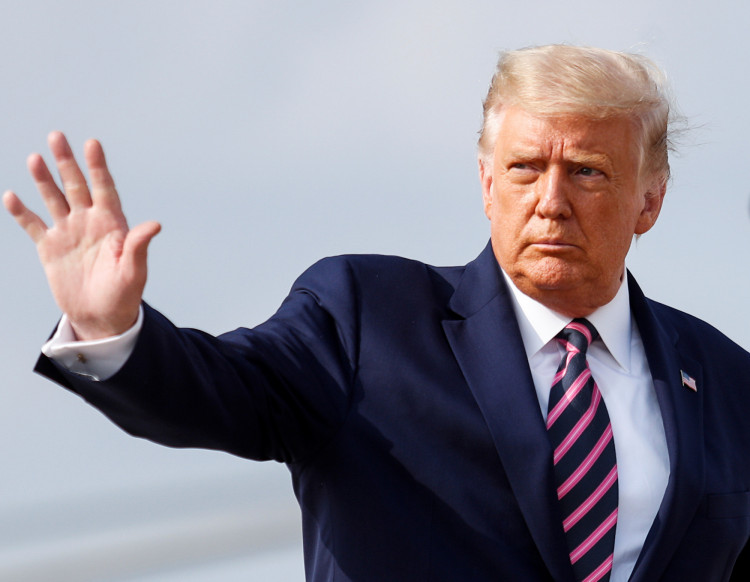Former President Donald Trump has posted a $91.63 million bond as he appeals the $83.3 million judgment against him in the E. Jean Carroll defamation case. The notice of Trump's bond and appeal was filed with the federal court in New York on Friday, marking another significant financial setback for the Republican presidential frontrunner, who also faces a separate $450 million fine in New York's civil fraud case over his business practices.
In January, a federal jury awarded Carroll $83.3 million in damages after finding Trump liable for defamatory statements he made denying her sexual assault allegations, saying she wasn't his type, and accusing her of fabricating the claim to boost sales of her book. This judgment followed a separate jury's decision last year that found Trump liable for sexually abusing Carroll in the 1990s and later defaming her while in office, ordering him to pay her a total of $5 million in damages.
The bond payment was underwritten by insurance company Chubb, an international insurance provider based in Switzerland. Under the terms of the bond, Chubb will only secure the appeal of the $83.3 million judgment and not any future appeals. Other details of the bond, such as the amount of money or collateral Trump put down, were not disclosed.
In a statement, a Chubb spokesperson declined to comment on the specifics of Trump's bond, stating, "As a matter of policy, we do not comment on client-specific information. Our surety division provides appeal bonds in the normal course of business. These bonds are an ordinary and important part of the American justice system, protecting the rights of both defendants and plaintiffs."
Since the jury's order in January, Trump has made several attempts to reduce the judgment or push back its enforcement deadline. In February, he asked Judge Lewis A. Kaplan, who presided over both civil trials, to delay the due date of the penalty until the judge had ruled on his request to dramatically reduce the verdict or grant a new trial. Last week, Trump's lawyers also asked the judge to delay the enforcement deadline until three business days after the court rules on his stay motion, which was quickly denied by Kaplan.
In New York, defendants in civil cases are required to pay a bond worth at least 110% of the judgment amount to delay paying the penalty as they appeal. The bond serves as a promise that the penalty will be paid if the defendant's appeal fails to alter the verdict or judgment. The size of Trump's bond in the Carroll case is greater than the judgment because the district court generally requires a party to post 110% of the bond.
Trump also faces a March 25 deadline to put up another $454 million in the New York attorney general's civil fraud case. If he pays that bond, Trump could end up owing millions to a bonding company that posts the money on his behalf, according to the New York Times.
In addition to these two substantial judgments against him, Trump is grappling with mounting legal fees related to the four criminal trials he faces as he campaigns for another presidential term. During the Carroll trial, her lawyers told the jury that Trump should be punished with a large sum in damages to deter him from continuing his defamatory behavior.
As the legal challenges pile up for the former president, the financial implications of these cases could have a significant impact on his personal wealth and his ability to fund his ongoing presidential campaign. The posting of the nearly $92 million bond in the Carroll case, along with the looming $454 million bond in the civil fraud case, highlights the substantial financial hurdles Trump must navigate as he seeks to return to the White House in 2024.






